Chemist Hatice Mutlu applies zero-waste methods to create biodegradable polymers that can be used perpetually.
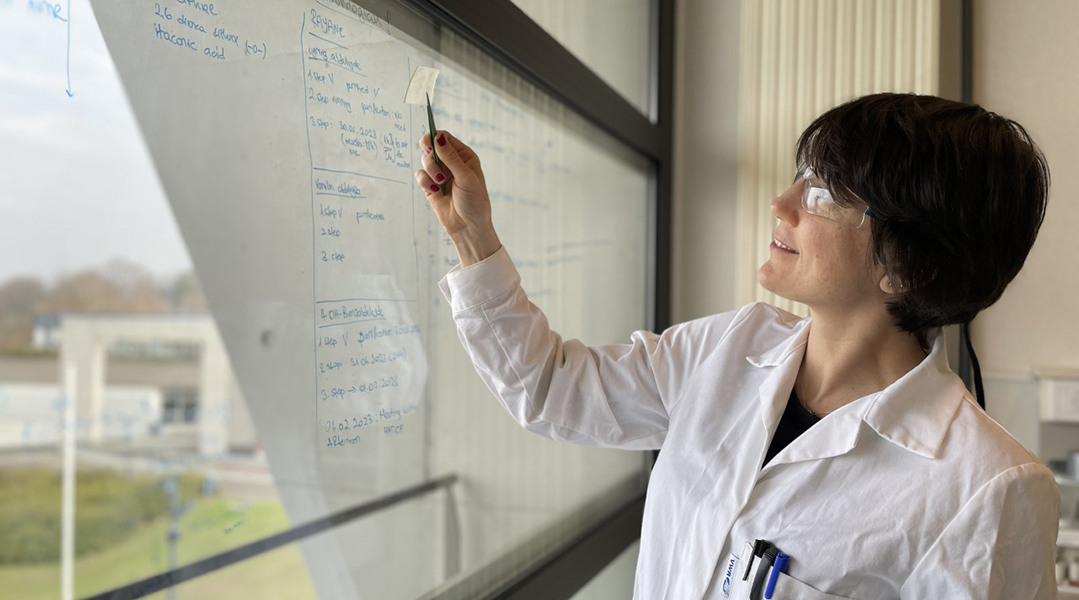

Chemist Hatice Mutlu applies zero-waste methods to create biodegradable polymers that can be used perpetually.
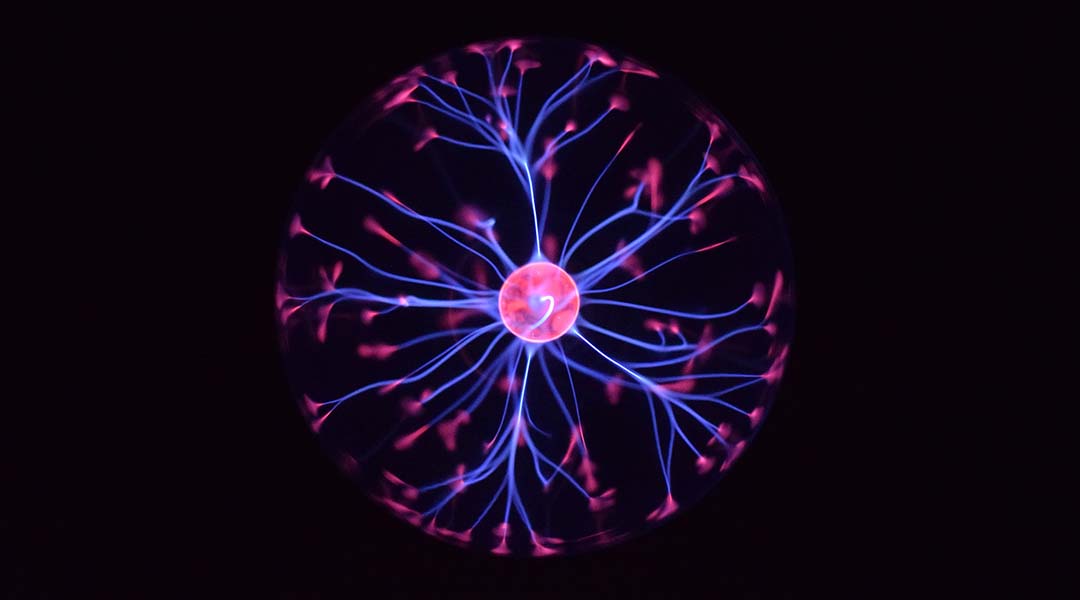
To make computers faster and more efficient, scientists are using the brain as a model in this blossoming area of computer science.
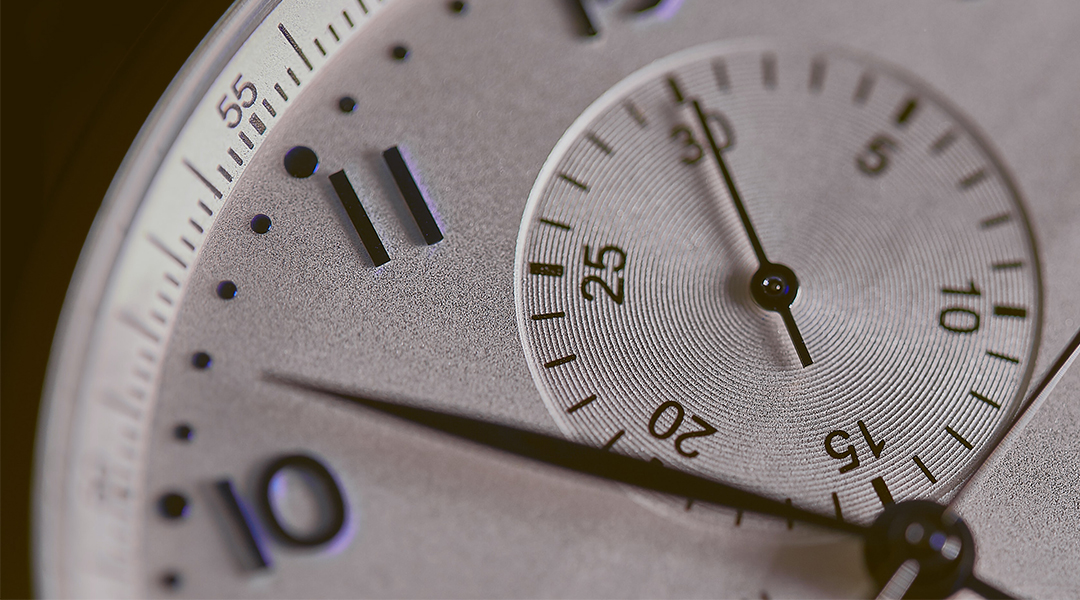
New research suggests that pre-kindergarteners perceive time differently from adults and school-age children.
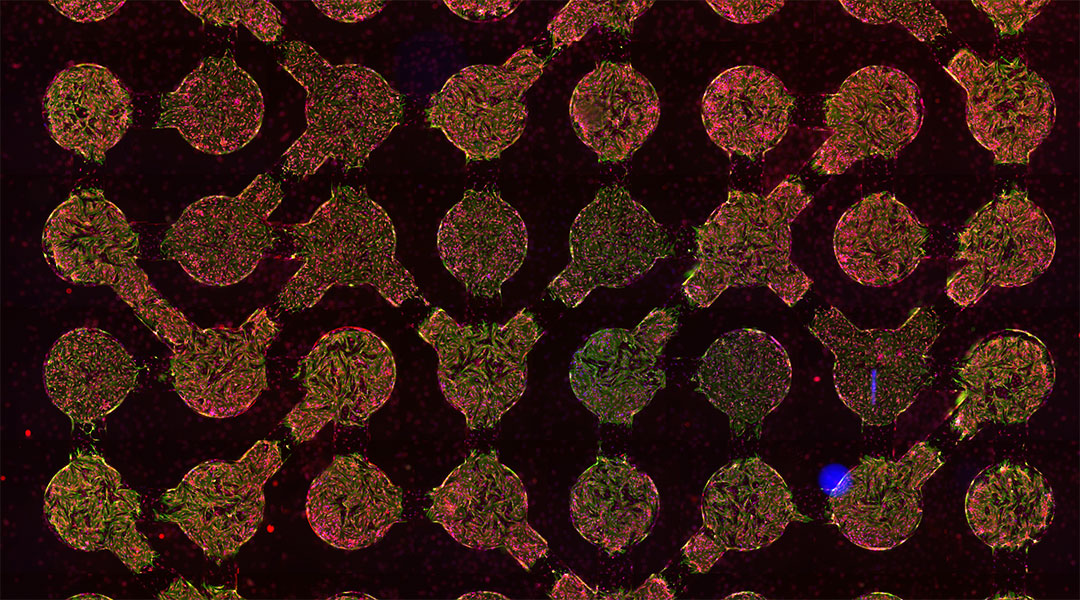
A biocomputer built from connected heart cells solves computational problems with high accuracy and at a low computational cost.
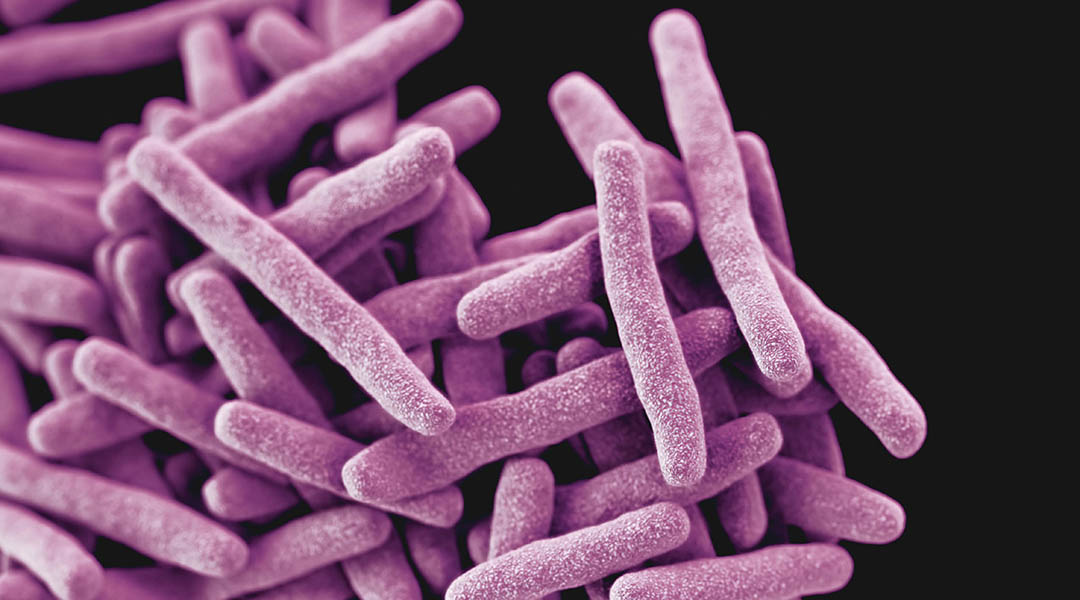
The genetic variant that causes Gaucher disease may have helped breakdown tuberculosis-causing bacteria in cells through lipid buildup.
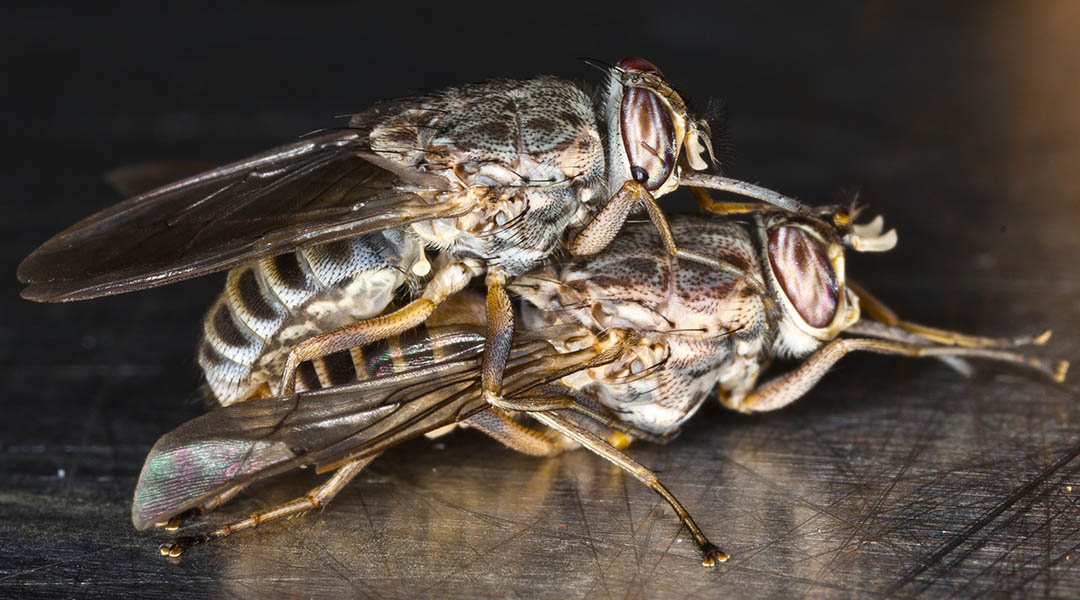
Understanding the chemical language of love used by tsetse flies helps combat the spread of a lethal human parasite.
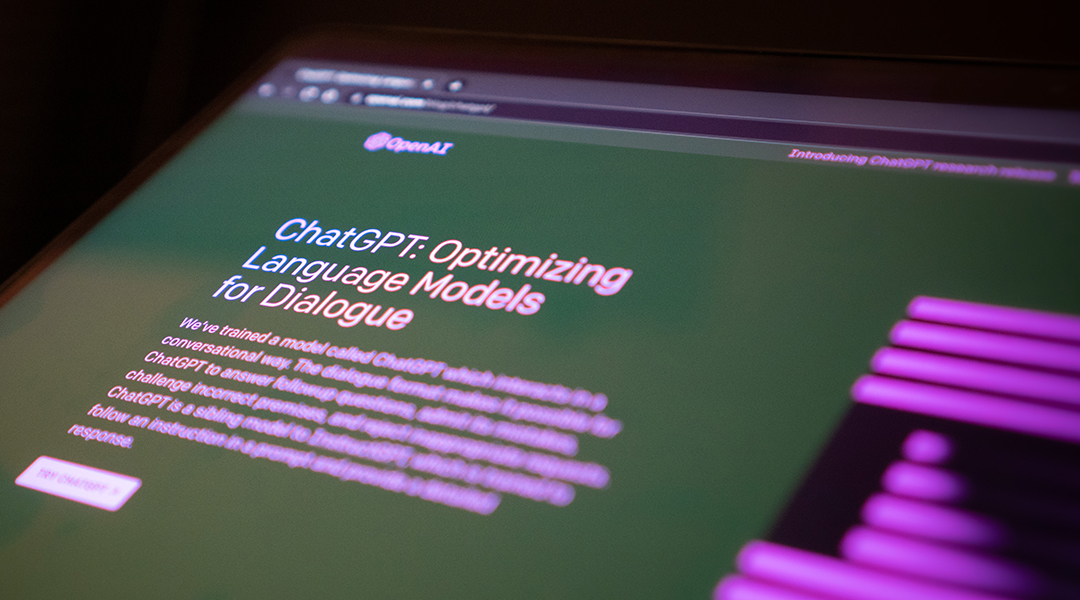
Crediting ChatGPT as an author on scientific papers has sparked debate around the role it should play in the scientific literature.
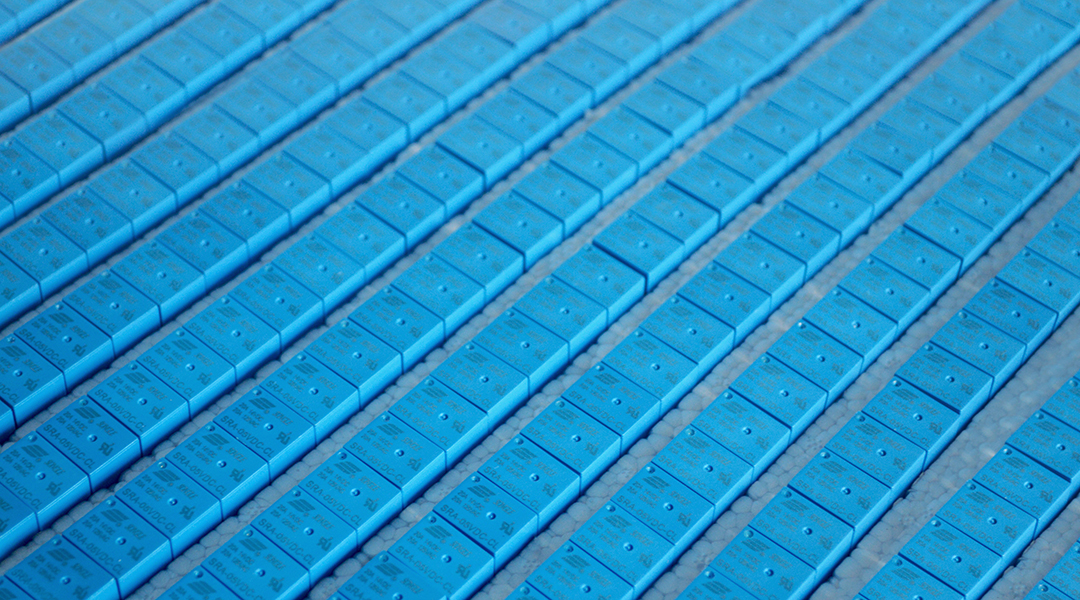
A device brings memory and processing together, helping minimizing errors and avoiding increasing energy demands due to huge amounts of data.

Even light blows from heading a soccer ball can contribute to long term brain injury, highlighting the need for collecting precise data.
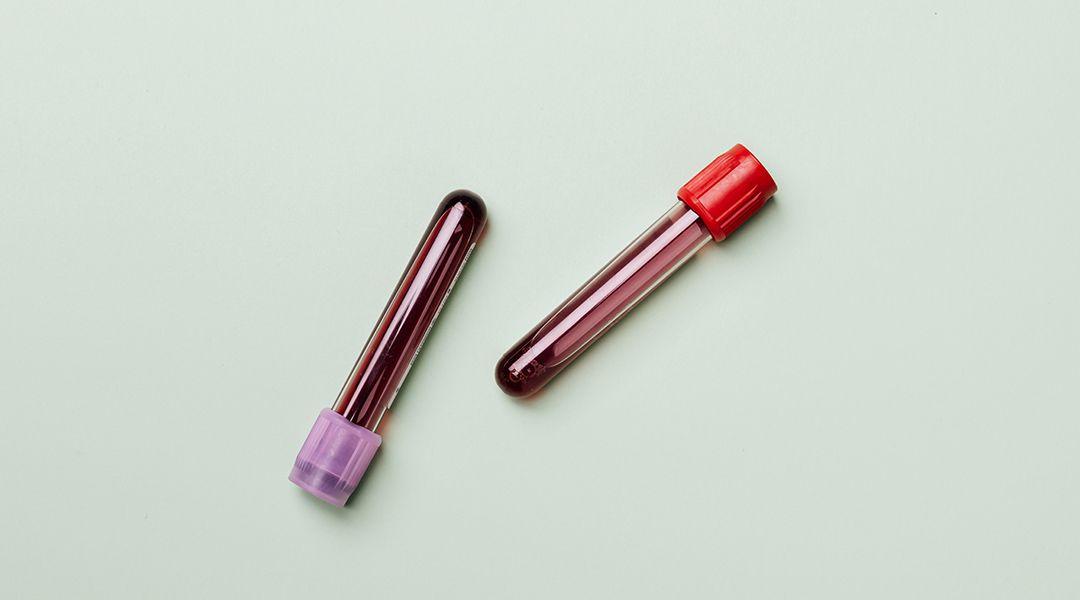
A new drug called acoziborole in clinical trials offers hope as an easy-to-administer treatment for sleeping sickness in remote areas.